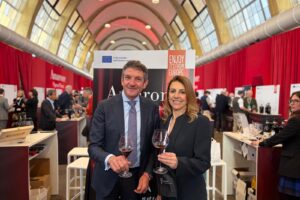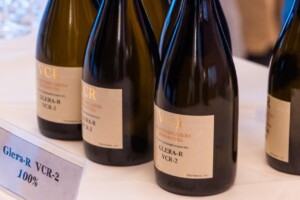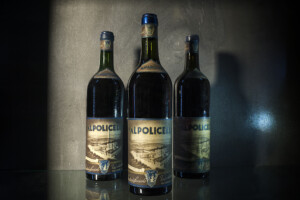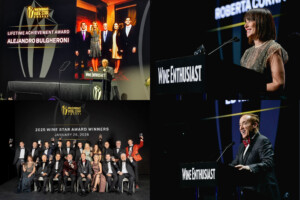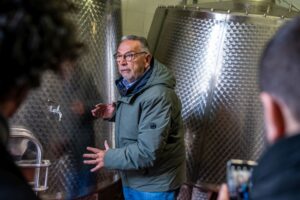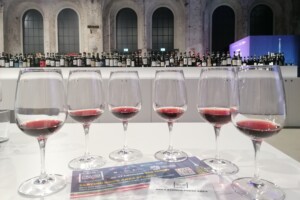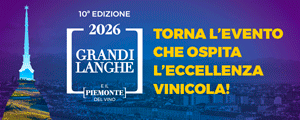With consumption falling, consumer habits changing, traditional markets showing signs of fatigue, and competitive pressure increasing in a complex scenario marked by geopolitical uncertainty, Italian wine companies cannot afford to merely survive: to remain competitive, they need to evolve, and to do so, the sector is focusing on people and its key professional resources. According to Pierluigi Catello, manager of the division dedicated to the search and selection of profiles for wine companies at Michael Page, there are four roles in particular that will be most sought after in the first half of 2025. He also cites a report by Mediobanca, according to which more than half of companies have stated that investing in new skills and managerial figures capable of tackling the present with different tools than in the past is a priority. But which ones? Export managers, trade marketing managers, oenologists with technical management responsibilities, and purchasing managers.
With regard to the first point, WineNews had already analyzed how this role had become increasingly central in the sector given its expertise in internationalization: it is no longer just a matter of “selling wine abroad”, but of cross-referencing analyses of various markets, deciding on commercial strategies that vary from country to country, and managing public relations. It is essential to have a good knowledge of foreign languages and to know how to use analytical tools to read data and transform it into strategy: “consumption trends, customs dynamics, regulations, and import barriers should not be a surprise, but everyday elements to be managed with confidence”, explains Catello, who points out that in recent years the role of resident export manager has also emerged, i.e., a professional who lives directly in the company’s key market and, thanks to a constant presence in the area and without the high costs of a foreign office, can maintain direct and continuous contact with distributors and customers and actively participate in local trade fairs and events.
But 2025 also sees a strong return to brand enhancement: “With margins squeezed, wineries can no longer afford disjointed campaigns or one-off initiatives”, says Catello. This is why the role of the trade marketing manager is so important, as they are responsible for transforming brand strategy into concrete and successful actions on the market, acting as a bridge between headquarters and the various sales channels, whether geographical or distributional. This role is also crucial in the launch of new products, such as low-alcohol or alcohol-free wines, sustainable packaging, or alternative formats, to improve the company's commercial penetration while optimizing investments.
And between environmental challenges and economic pressures, the winemaker (the third most sought-after figure) is no longer just an expert in winemaking, but must also be a guarantor of the company’s quality and production identity, called upon to combine tradition and innovation. In modern wineries, the enologist is also entrusted with technical management responsibilities: they must be able to coordinate all activities, from the vineyard to the bottle, supervise production, winemaking and sparkling wine production processes, and manage a team that includes planners, cellar masters and warehouse managers. In addition to winemaking skills, strategic vision and management skills are also required: to ensure high and consistent standards on the one hand, and to innovate in methods, materials, and technologies to adapt to new challenges in the sector on the other.
However, the purchasing manager is also a key figure in defining the company’s industrial and quality policies, and is the fourth most sought-after role in the wine sector in the first half of 2025, according to Pierluigi Catello. This person must be familiar with the dynamics and timing of harvests, price trends on national and international markets, quality standards for different appellations, and, above all, evaluate suppliers with a strategic and forward-looking approach to ensure product availability and consistency with the company’s range, while at the same time containing costs in a logic of sustainable margins. They are the guardians of the balance between quality, affordability, and industrial vision, and must also be able to manage issues such as the procurement of technical materials related to bottling, such as bottles, caps, labels, and cartons, and coordinate with the production and logistics areas to ensure punctuality and efficiency.
Four figures who, in a 2025 that is proving complex for the wine sector, albeit with different responsibilities, have in common the ability to make a difference because they enable the company to face uncertainty with method, consistency, and resilience.
Copyright © 2000/2026
Contatti: info@winenews.it
Seguici anche su Twitter: @WineNewsIt
Seguici anche su Facebook: @winenewsit
Questo articolo è tratto dall'archivio di WineNews - Tutti i diritti riservati - Copyright © 2000/2026











